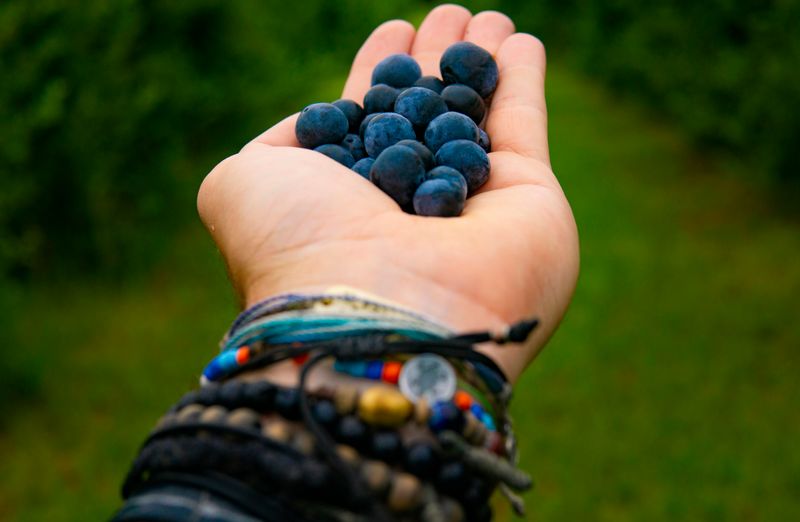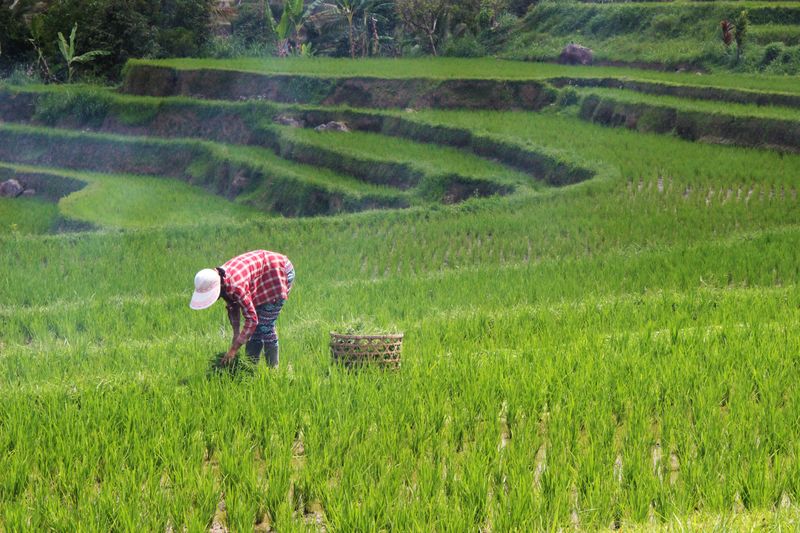Does this label look familiar?
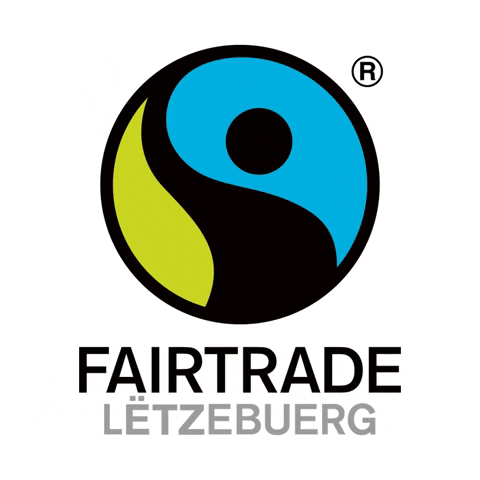 Chances are that you've seen it on products at your local grocery store or supermarket.
Chances are that you've seen it on products at your local grocery store or supermarket.
Have you ever wondered what it actually means?
What is "Fair Trade"?
Fair Trade supports farmers and workers in developing countries by making sure they get a fair deal for their work and products.
Two ways this is done:
Paying farmers and workers a minimum price that covers the cost of growing their product
The Fairtrade Premium — providing extra funds to invest in business or community projects of their choice
Fair Trade standards also include:
Decent working conditions
Anti-discrimination
No forced labor
No child labor
✅ If a product has the Fair Trade mark, it means that the producers met all of the required standards.
Fair Trade and the Environment
Aside from economic and social criteria, the Fair Trade standards also include several requirements related to protecting the environment.
These include:
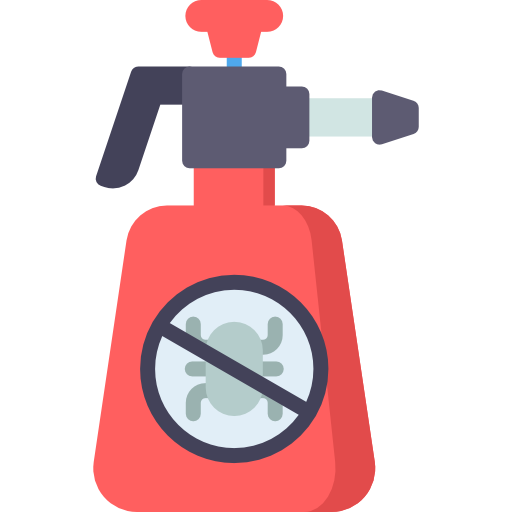 Avoiding harmful chemicals
Avoiding harmful chemicals
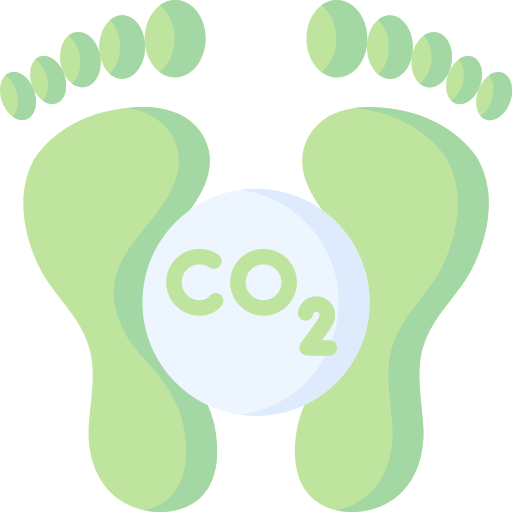 Reducing greenhouse gas emissions
Reducing greenhouse gas emissions
 Not cutting down protected forests
Not cutting down protected forests
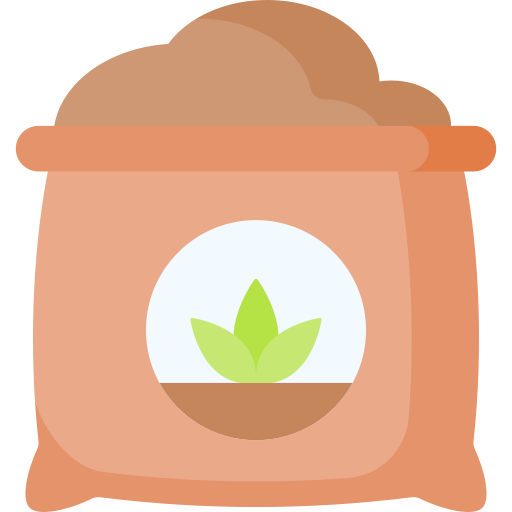 Managing waste
Managing waste
Many producers use the Fairtrade Premium for projects to restore nature and forests.
Fair Trade also gives farmers access to training and information on how to conserve their local environments.
Quiz
Which of these are ways that Fair Trade helps support environmental sustainability?
Take Action
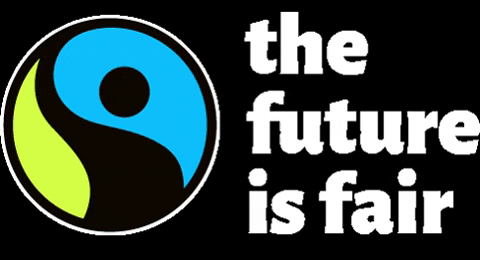
If you want to shop more sustainably, look for Fair Trade products!
Your feedback matters to us.
This Byte helped me better understand the topic.

